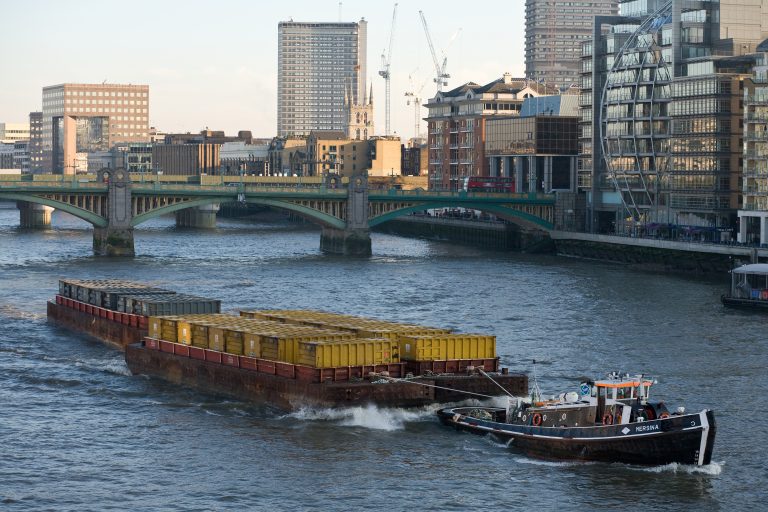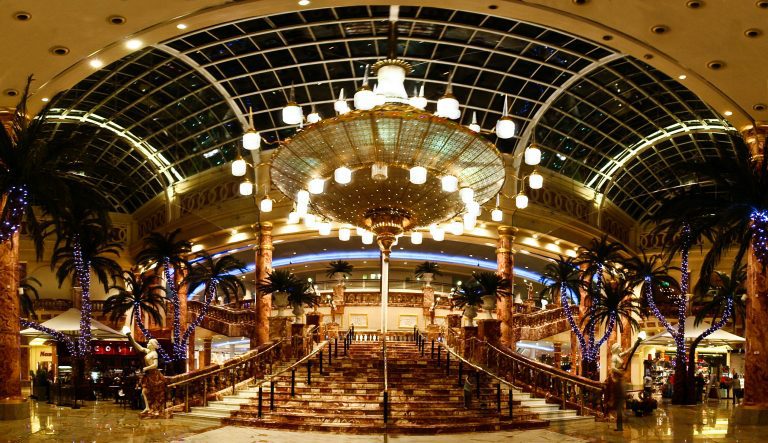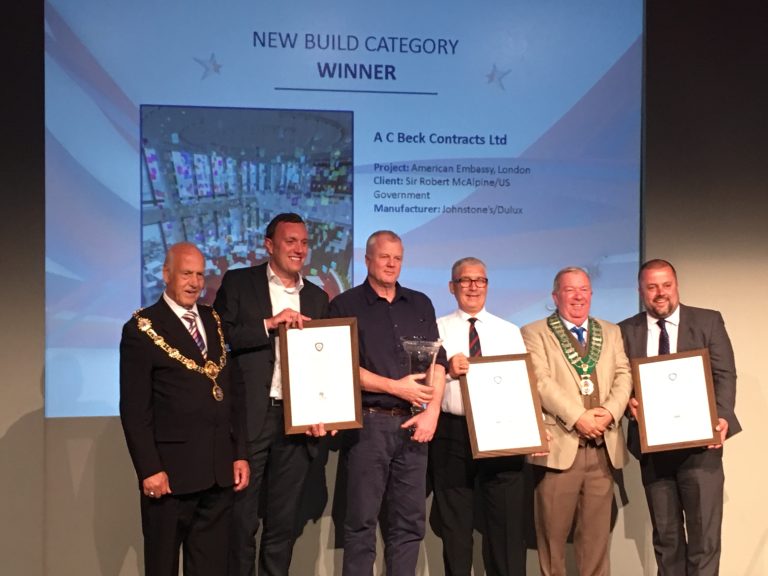Invisible Connection are pleased to confirm that their RIBA-managed NBS Plus data is now live. Invisible Connections, the leading manufacturer and supplier of ‘invisible’ connections for precast staircase construction and precast beam construction, are pleased to confirm that their RIBA-managed NBS Plus data is now live. NBS Plus data for Invisible Connections can now be instantly accessed by architectural practices and other construction professionals that use NBS specification software. NBS Plus enables manufacturers to have their product information available to specifiers at the very point they need it most – when completing a project specification. It is a library of manufacturers’ technical product information, written in NBS format by their team of in-house experts and linked to specific clauses within the market-leading NBS specification software products. Using NBS Plus, designers can specify products quickly and accurately with just one click, importing the relevant product information directly into their specification. Linked to NBS specification software is the RIBA Product Selector, a heavily-used online building products library aimed at UK construction industry professionals looking to research and source products, product catalogues, technical documents and contact information from over 10,000 manufacturers, suppliers, distributors and trade associations. Invisible Connections products which can be specified include the ETA-approved range of telescopic connectors for precast concrete staircase and precast beam (frame) constructions. Also included is the FERBOX reinforcement continuity system, which is bespoke-manufactured at its Thame factory. By integrating with the NBS Plus data software and RIBA Product Selector library, Invisible Connections have made their product information instantly accessible to more than 4,000 architectural practices and other companies which use these specification software tools. Derek Brown, Managing Director of Invisible Connections, said: “We’re very pleased to announce that our NBS Plus data is now live and that our information is also available via RIBA Product Selector. According to statistics, 89% of the UK’s top architectural practices have access to NBS Plus, so we’re delighted that our technical product information can now be brought to the attention of such an influential group and be instantly accessed by them.’’ About Invisible Connections™ Invisible Connections is the registered trademark of Invisible Connections AS, Norwegian developer and manufacturer of the telescopic connectors range for 30 years. In this time, hundreds of thousands ofconnectors have been used in construction projects around the world. The ETA-approved telescopic connectors solve two key construction applications; ‘invisible’ connections for precast staircase construction and ‘invisible’ connections for precast beam construction. To enhance its offering to the UK market, Invisible Connections Ltd (UK) also supplies the popular FERBOX reinforcement continuity system, which is bespoke-manufactured for in-situ concrete connections. ProductsRVK & TSS Telescopic Connectors http://www.invisibleconnections.co.uk/product/rvk-tss-support-inserts/BSF Telescopic Connectors http://www.invisibleconnections.co.uk/product/bsf-support-inserts/FERBOX Reinforcement Continuity System http://www.invisibleconnections.co.uk/product/ferbox/ Invisible Connections Ltd Unit 6, Thame Forty Jane Morbey Road Thame Oxfordshire, OX9 3RR +44 (0) 1844 266000 sales@invisibleconnections.co.uk www.invisibleconnections.co.uk Source link









